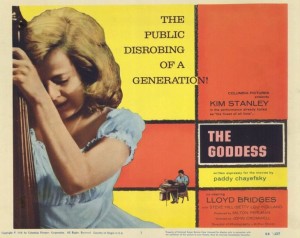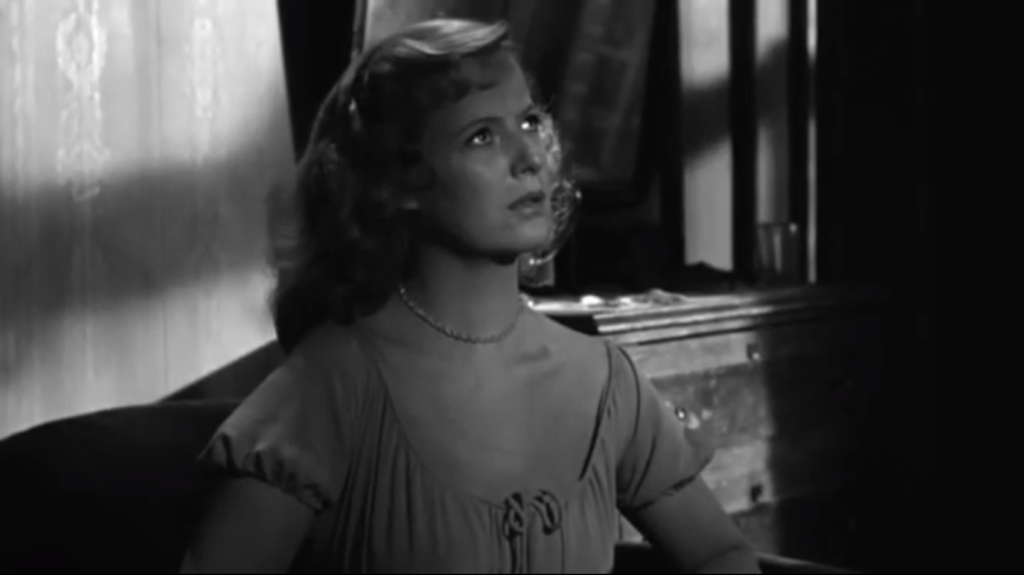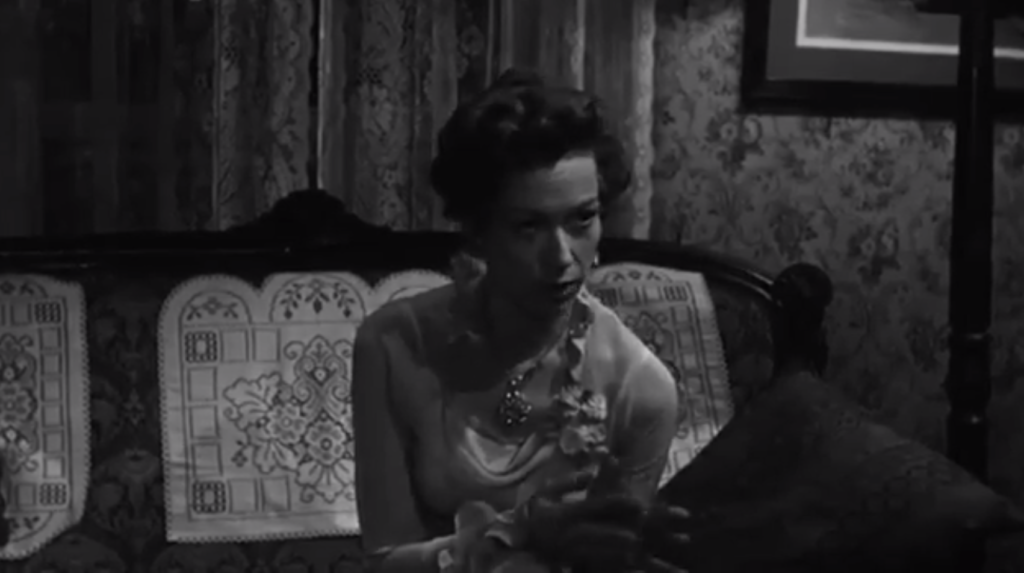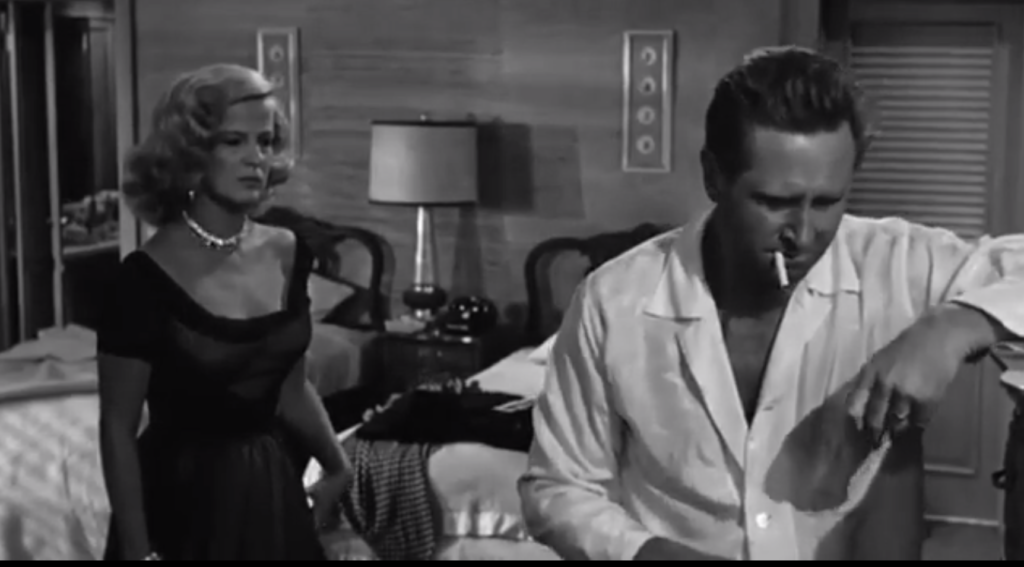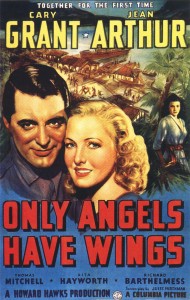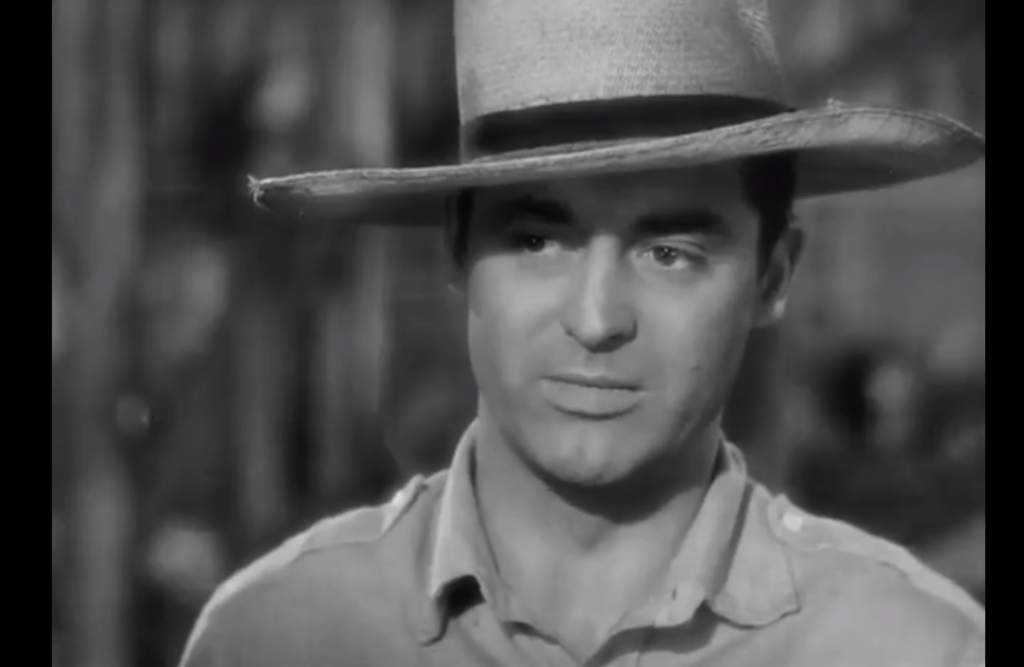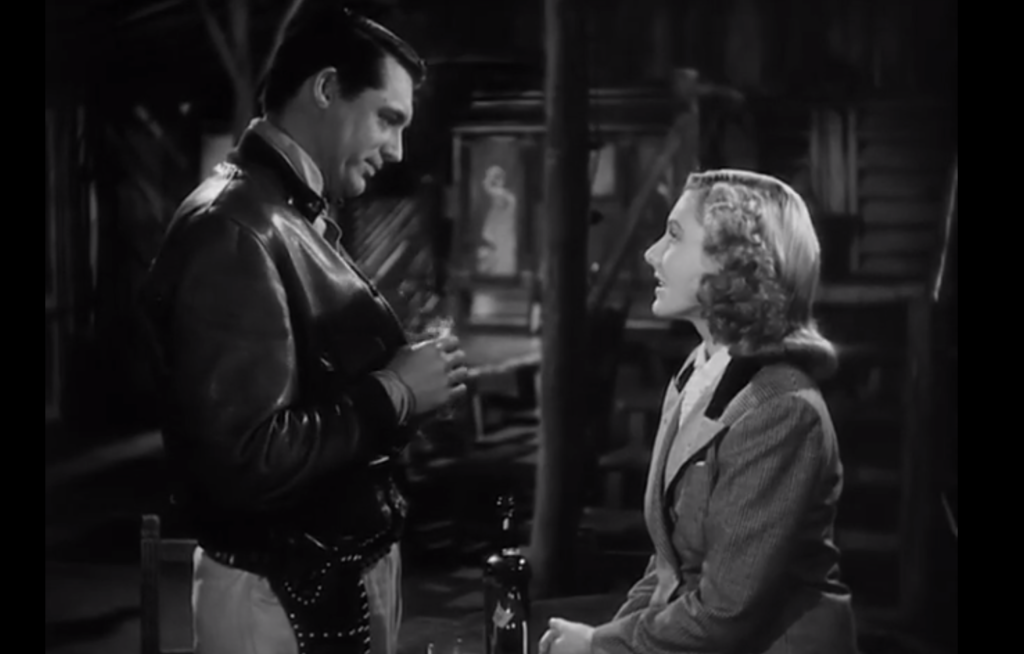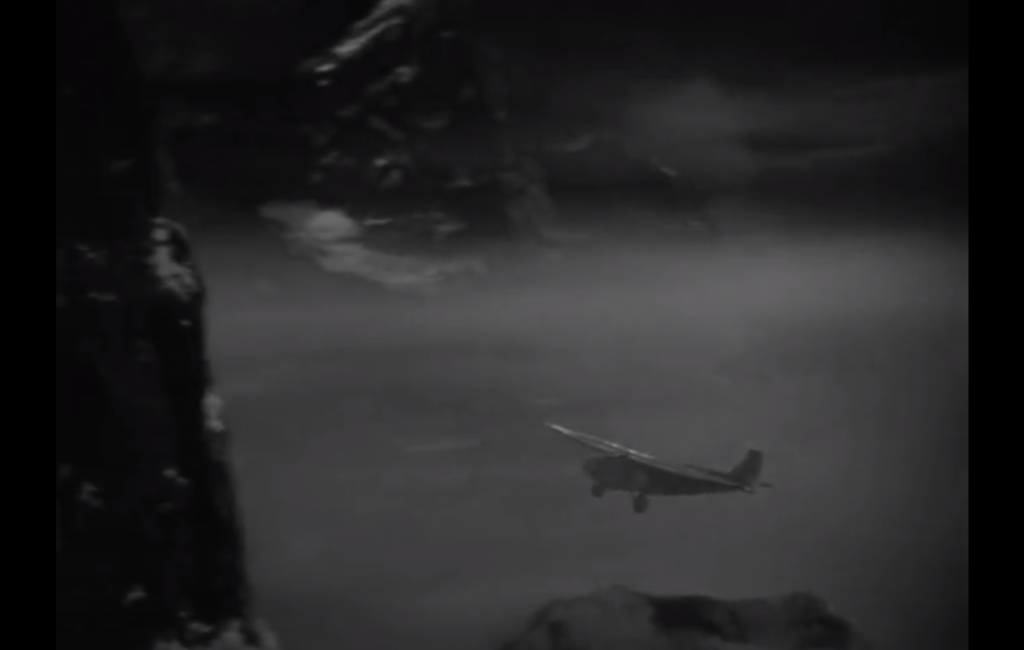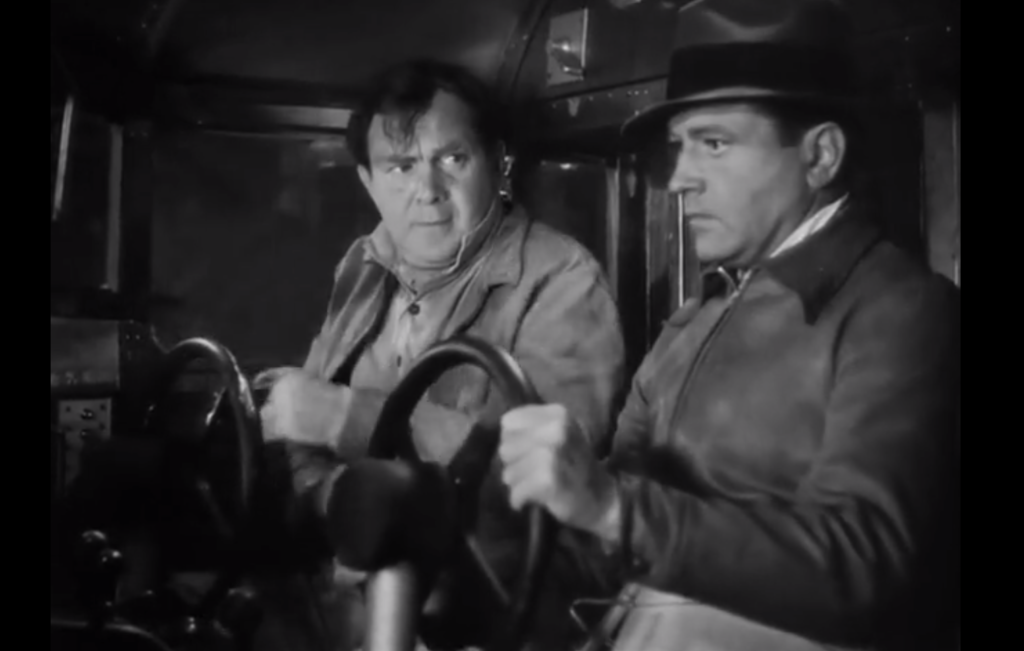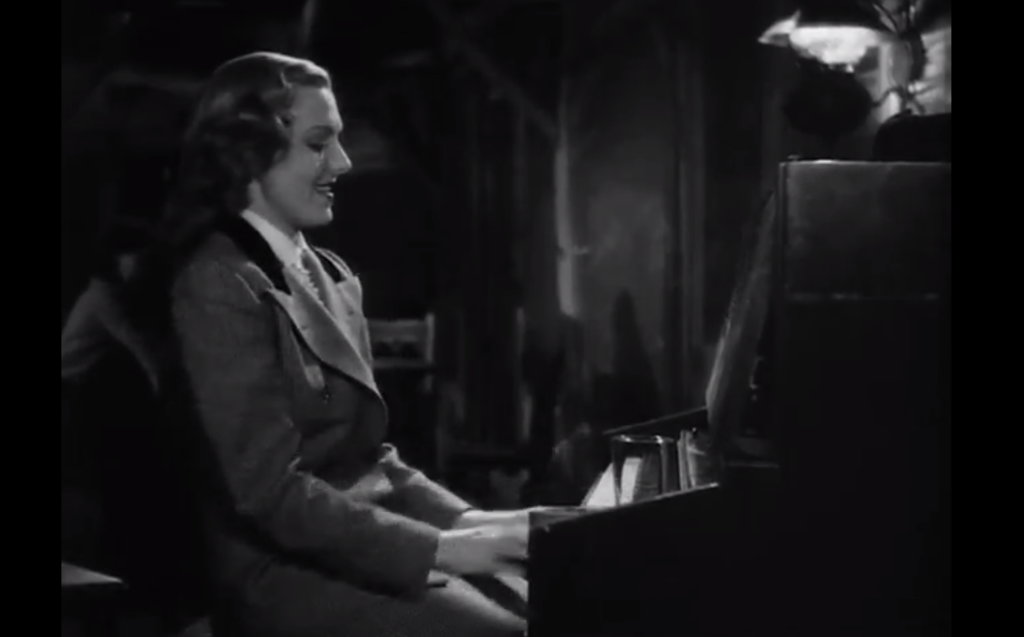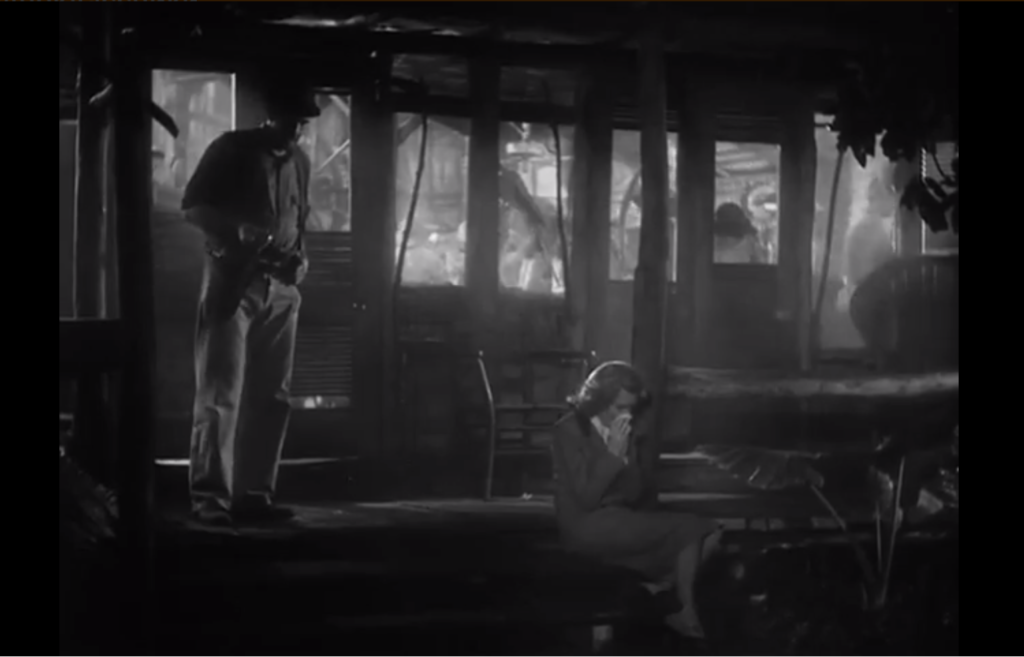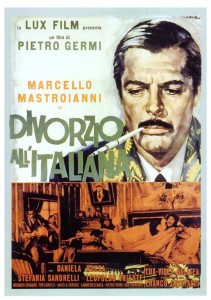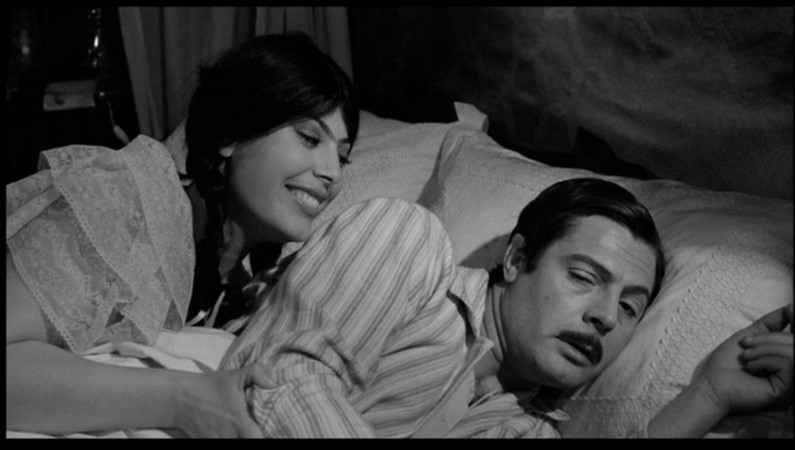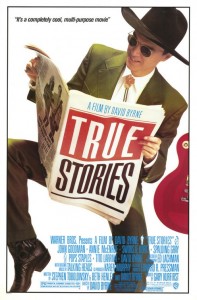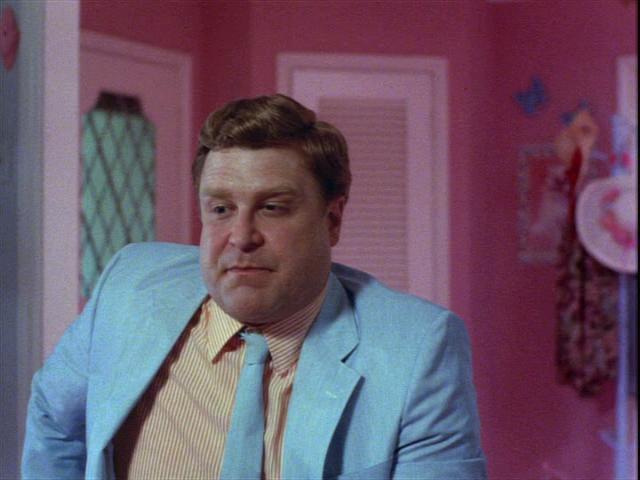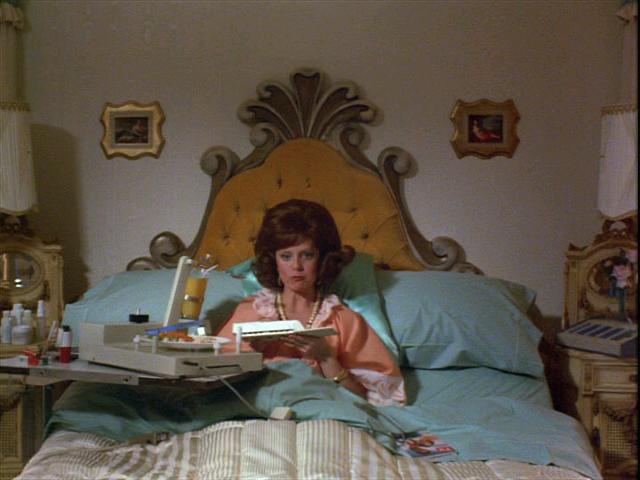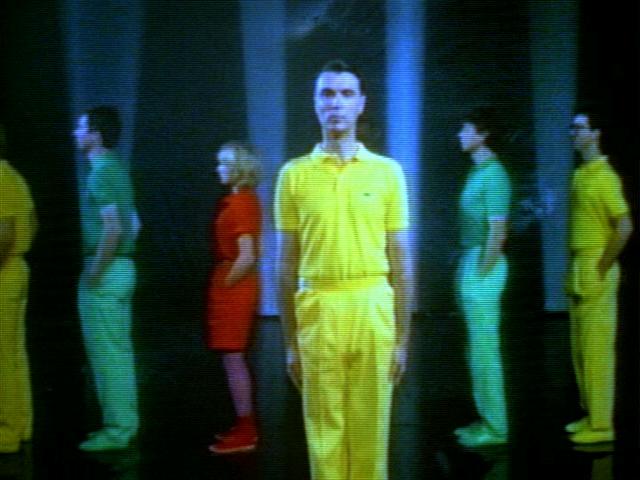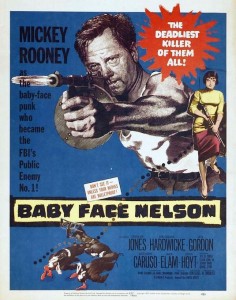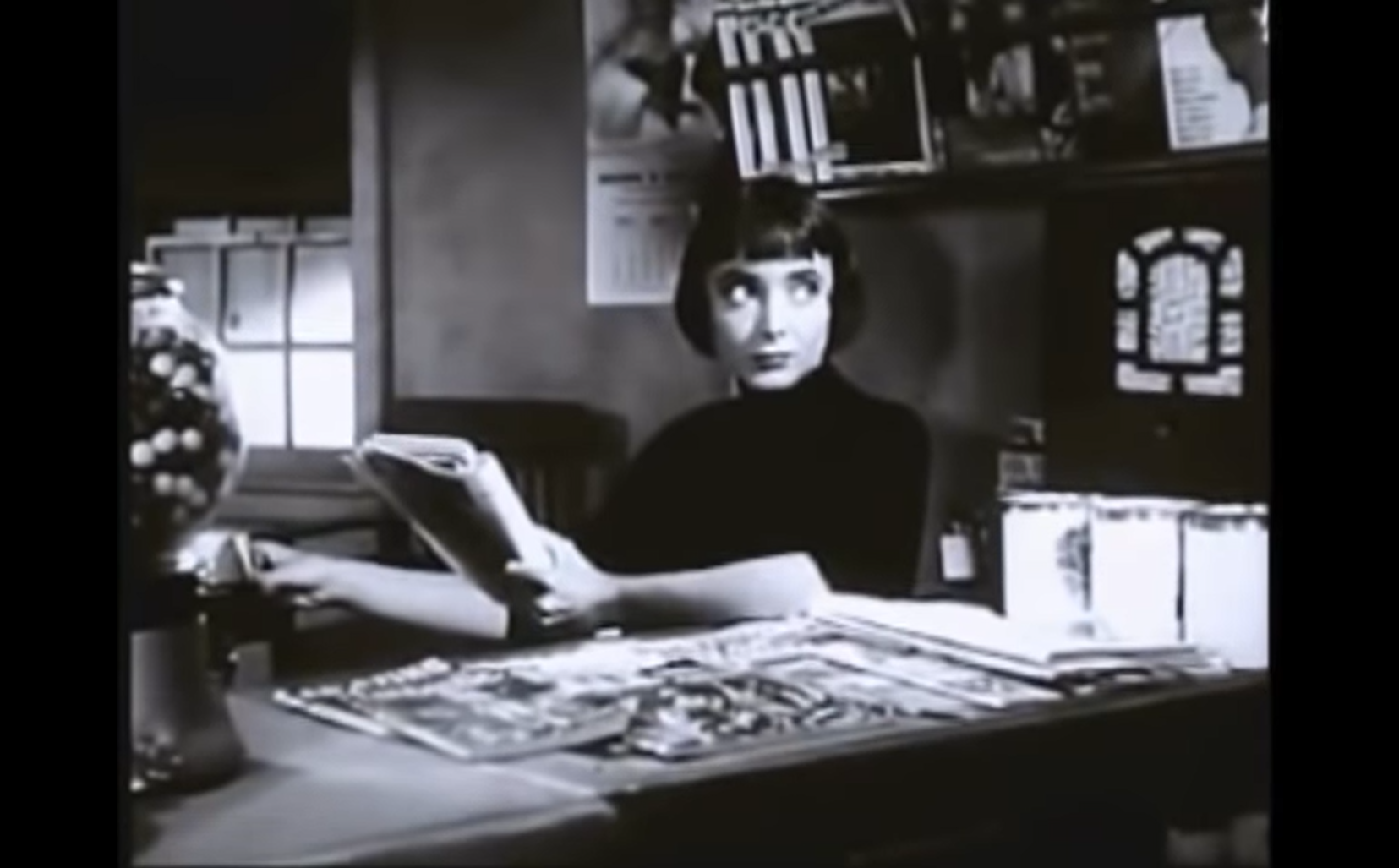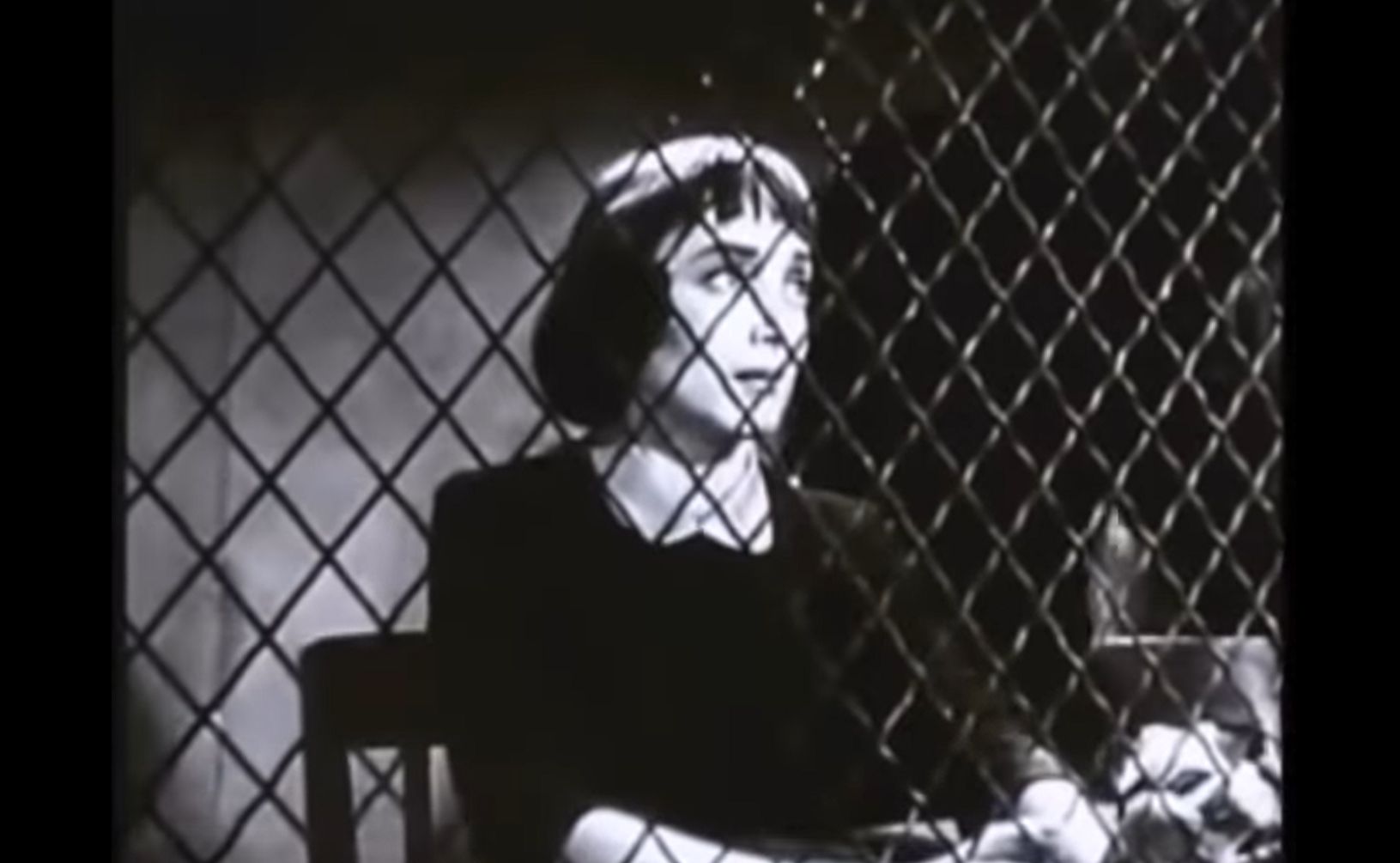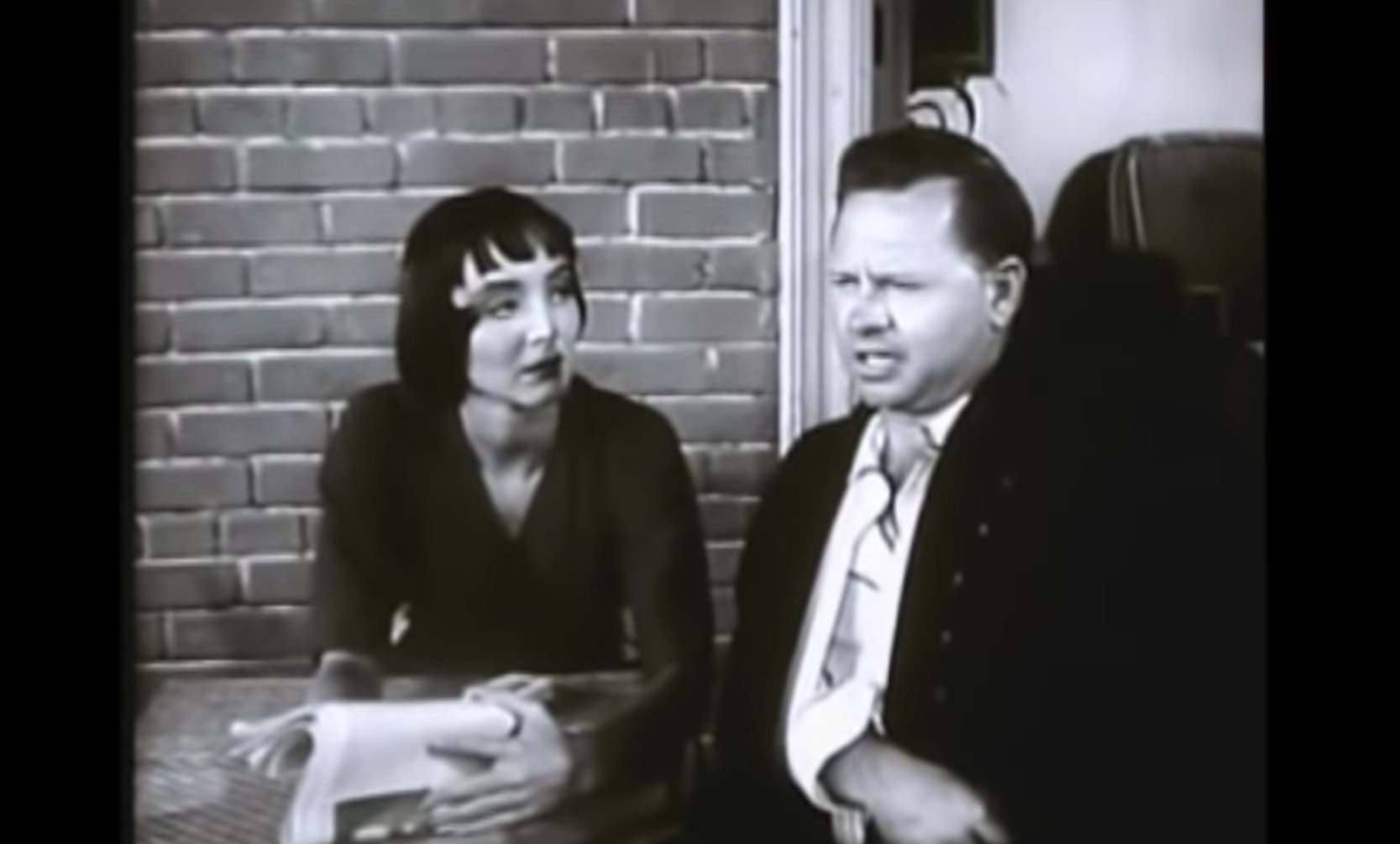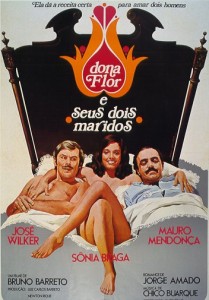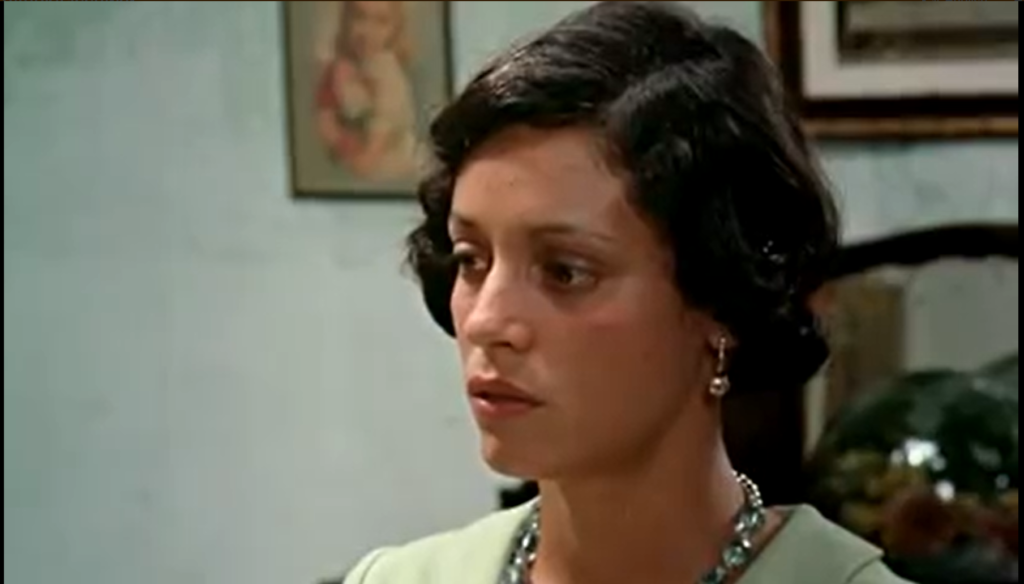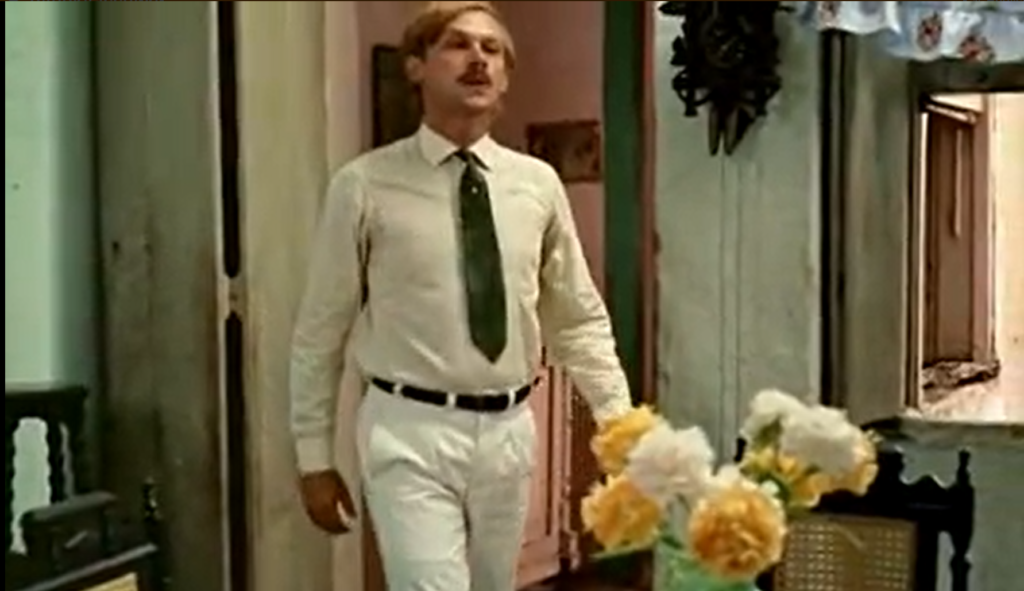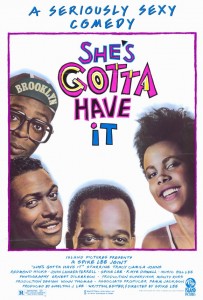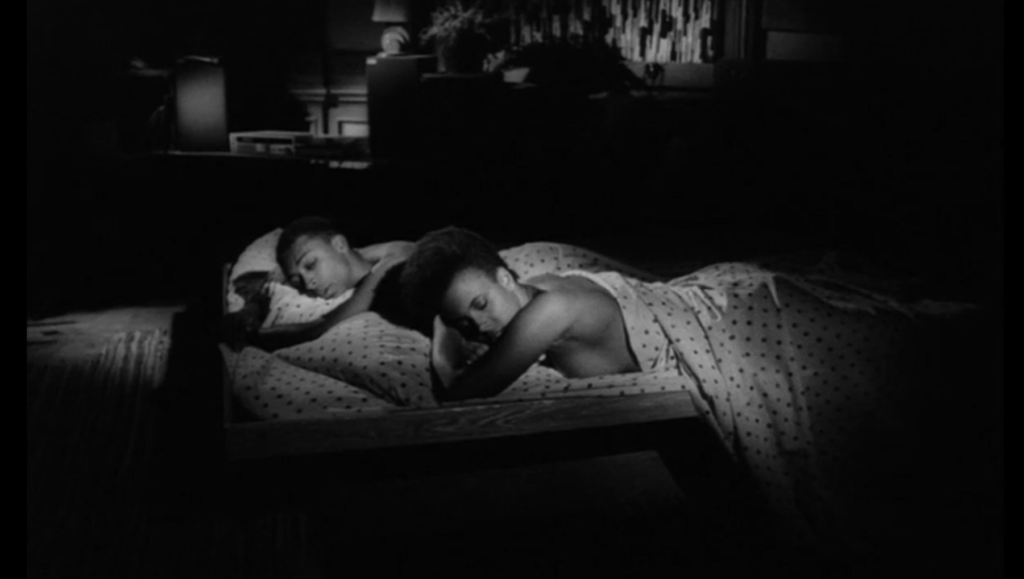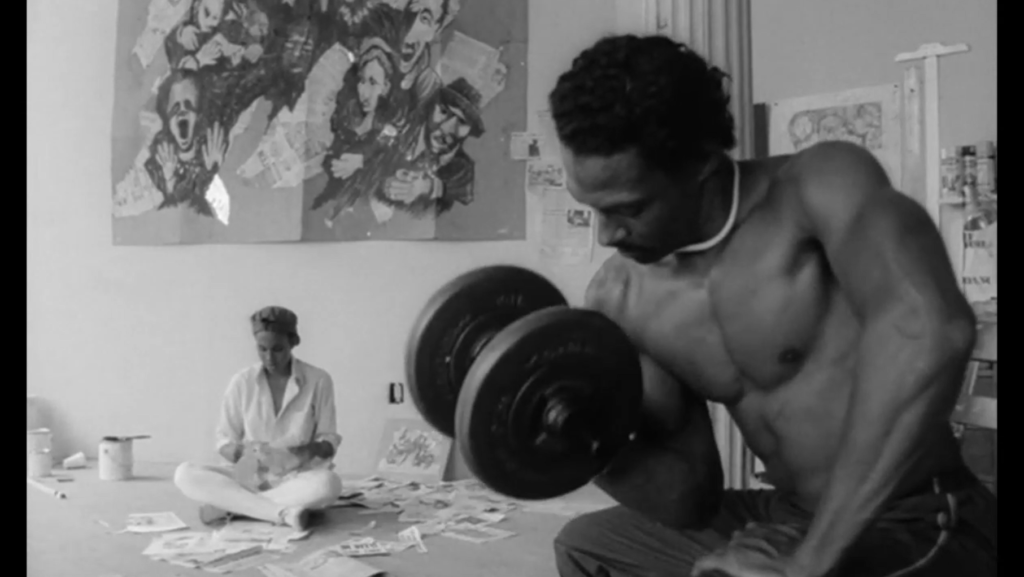Goddess, The (1958)
“I’m going to Hollywood someday — I am, I am!”
|
Synopsis: |
|
Genres, Themes, Actors, and Directors:
Response to Peary’s Review: The Goddess is primarily notable for Stanley’s “powerhouse performance” — indeed, it’s remarkably easy to forget that Stanley is a bit too old to play the teenage protagonist, or that she isn’t quite sexy enough to pass for a Hollywood bombshell; looking into Stanley’s face, we see all the bitterness of Emily Ann/Rita’s unhappy, lonely childhood continuing to express itself. Unfortunately, Emily Ann/Rita (the character changes her name, as so many do, once she arrives in Hollywood) is never fully fleshed out — we’re given many powerful vignettes from her life, rather than any cohesion or depth. At one point, for instance, the script shifts suddenly from Rita accepting God in front of her religious mother (nicely played by Betty Lou Holland), to Rita throwing her mother out of the house with no obvious explanation. These frequent lapses in logic hurt would could have been a devastating character study, but instead remains an interesting — yet flawed — performance piece for Stanley. Note: Although many have speculated that Chayefsky modeled his script after the rise and imminent fall of Marilyn Monroe, Chayefsky flatly denied this association. Nonetheless, parallels continue to be made by many — including Peary. Redeeming Qualities and Moments:
Must See? Categories
Links: |
